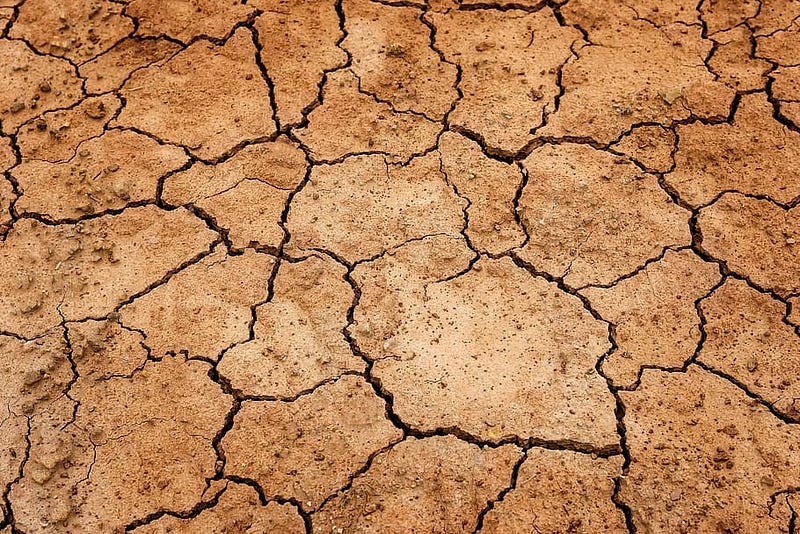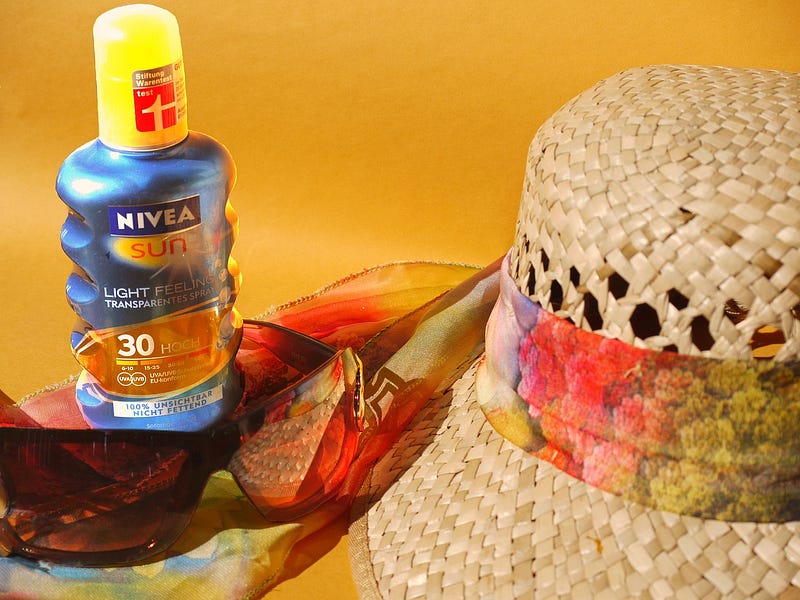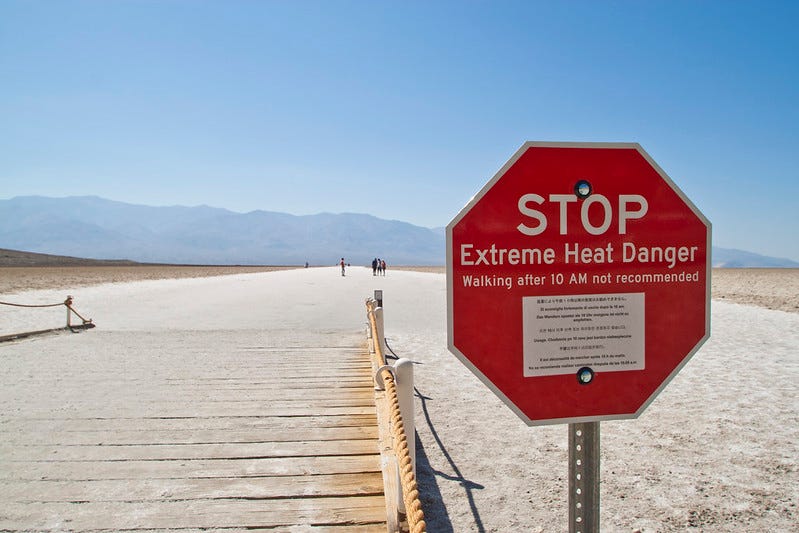How to manage and protect your family in extreme heat
Date Posted: 01/06/2020

During extreme heat, it is easy to dehydrate or overheat the body. In this case, you may develop cramps, fatigue, or even a stroke. Stroke is a medical emergency that can cause permanent damage to the vital organs or even death if not treated immediately. Extreme heat can also worsen existing medical conditions.
The best way to keep cool is to plan and know what to do when the heat comes. The hot climate can affect anyone, including the young and the healthy. However, some people are more susceptible than others.
Taking care of family members during hot days can be a bit stressful if you don’t know what to do or how to go about it. This is especially so if a family member is among the vulnerable category mentioned below.
People most at risk are usually older people who are above 65 years of age. Those who have illnesses such as kidney disease, blood pressure and heart medication (beta-blockers), diabetes, have a disability, pregnant and lactating women, overweight or obese, have difficulty moving, or mental illness.

During extreme heat, whether it’s a hot day or a heatwave, remember to ensure that your family members do these:
- Drink lots of water, even when they are not thirsty (if your doctor generally limits fluids, check how much you should drink during the hot season).
- Stay cool with wet towels, ensure that those in the category listed above put their feet in cold water, and take a cool (not cold) shower.
- Spend as much time as possible in air-conditioned or cold buildings (shopping malls, libraries, cinemas, or community centres).
- Block out the sun from coming into the house during the day. This can be achieved by closing the curtains and blinds.
- Open the windows in the event of a cold breeze.
- Ensure your family stays away from the sun on the hot days. If anyone has to go outside, let them wear a hat and sunscreen and seek shade.
- Cancel or postpone outdoor activities. If you have to go out, stay in the shade, and take plenty of water with you.
- Wear light clothing made from natural fibres, such as cotton and linen.
- Ensure your family eats smaller meals and light foods like salads more often.
- Check that food that needs to be refrigerated is appropriately stored.
- Watch or listen to the news for more information during extreme heat.
Children and Hot Weather
Babies and young children should be closely monitored in hot climates. They can quickly lose body fluids through sweating, which can lead to dehydration. Make sure your kids drink water regularly, wear light clothing, and stay calm. Never leave babies or young children in the car. The temperature inside parked cars can double in minutes.
Active people and hot weather
Heat and sports or physical activity (exercise) can be a dangerous combination. Heat stress occurs when perspiration cannot evaporate quickly enough to keep the body cold enough. You can avoid heat stress during sports by consuming plenty of fluids, taking frequent breaks, and avoiding exercise at the hottest time of the day.
How you can help others
In extreme heat conditions, watch and help others who may be at higher risk for heat-related illnesses:
• Stay in touch with your sick and fragile friends and family.
• Call them at least once on a sweltering day.
• Encourage them to drink lots of water.
• Offer to help family, friends, and neighbours 65 or older or who have an illness by buying or shopping to avoid the heat. Take them to a cool place during the day or ask them to stay overnight if they can’t stay home.
- If you have symptoms of heat-related illness, see a doctor.
Prepare For Extreme Heat
You can prepare for extreme heat:
- Stock up food, water, and medicine, so you don’t have to go out. Consult your doctor to see if changes in your medication are necessary during extreme heat.
- Store medicines safely at the recommended temperature.
- Check that the fan or air conditioner is working correctly. Repair the air conditioner if necessary.
- Take a look at what you can do to cool your homes, such as installing curtains, shade cloths, or external blinds.
- Store foods that do not require refrigeration or cooking, such as canned fruits and vegetables, canned meat, fish, bread, and fruit.
- Consider a manual or battery-powered fan for natural cooling.

Anyone can be affected by the hot climate, and it is essential to be careful whenever temperatures start to rise. A heatwave lasting several days, or even a single day of extreme heat, can cause illnesses such as cramps, exhaustion, and heatstroke.
It is imperative to be aware of the summer weather, especially when there is a risk of heatwaves or days of high UV radiation.


